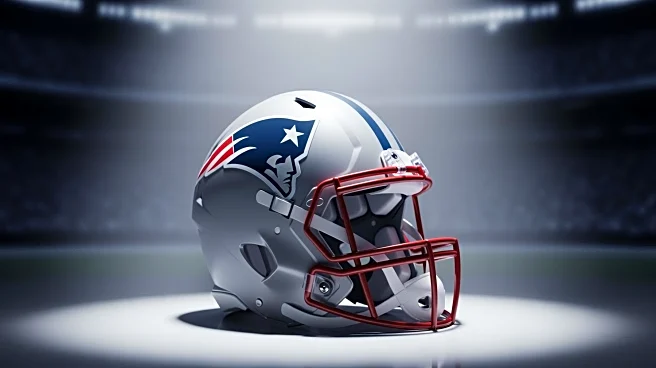What's Happening?
Tesla, led by CEO Elon Musk, is planning to expand its robotaxi network by allowing owners of Tesla cars to add their vehicles to the service starting next year. This initiative aims to significantly increase the number of self-driving cabs available, potentially enabling hundreds of thousands of Tesla customers to earn money by renting out their cars. The robotaxi network, which launched last month in Austin, currently operates with Tesla-owned vehicles and includes safety drivers. Tesla is seeking regulatory approval to expand the service to the Bay Area, Nevada, Arizona, and Florida. The company is focused on ensuring safety and has gradually expanded its service radius in Austin.
AD
Why It's Important?
The expansion of Tesla's robotaxi network could have significant implications for the autonomous vehicle industry and urban transportation. By incorporating privately owned vehicles, Tesla aims to rapidly scale its service and compete with industry leader Waymo. This move could provide Tesla owners with a new revenue stream, potentially transforming car ownership economics. However, it raises questions about regulatory compliance and liability issues, which could impact the rollout. The success of this initiative could accelerate the adoption of autonomous vehicles and reshape transportation infrastructure in major U.S. cities.
What's Next?
Tesla plans to continue expanding its service area in Austin and is working towards removing safety drivers from its vehicles. The company is awaiting regulatory approvals to launch the robotaxi service in additional states. As Tesla progresses, it will need to address safety concerns and regulatory challenges associated with integrating privately owned vehicles into its network. The broader rollout of autonomous ride-hailing services could face scrutiny from policymakers and public safety advocates, influencing the pace and scope of expansion.
Beyond the Headlines
The integration of privately owned vehicles into Tesla's robotaxi network could lead to ethical and legal considerations regarding data privacy, vehicle maintenance, and liability in case of accidents. This development may also prompt discussions on the future of urban mobility, environmental impacts, and the role of technology in public transportation systems. Long-term, Tesla's strategy could influence consumer behavior and expectations around car ownership and usage.











